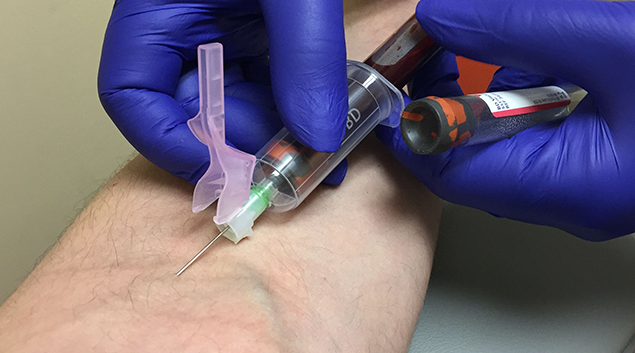
Archived Event
The Alliance Advancement Series
Presented on: Tuesday, January 28, 2020
Cell-free DNA (cfDNA) is the term used to describe the small fragments of DNA that occur naturally and circulate in the blood stream. Advanced technology using cfDNA has improved testing and screening options for transplant recipients. Donor-derived cell-free DNA (dd-cfDNA) can assess the amount of cell-free DNA in an organ recipient’s blood that originates from the donor. Elevated levels of cfDNA in the recipient’s blood may signify an increase in cell death from kidney injury and/or rejection. Studies have shown that cfDNA testing is more sensitive and specific than serum creatinine and is able to detect acute rejection at an earlier stage. Join us to hear from genetic testing experts as they discuss cell-free DNA and its potential as a powerful biomarker in transplant assessments.
- Describe cell-free DNA science and its application to patient care.
- Explain how donor-derived cell-free DNA (dd-cfDNA) can be used in transplant rejection assessment.
- Recall current literature comparing dd-cfDNA testing to current standard of care in transplant rejection assessment.
- Summarize how cfDNA technology applications can expand through ongoing research initiatives.
Members of the donation and transplantation community serving diverse populations to include administrators, coordinators, physicians, nurses, surgeons, managers, quality improvement specialists, social workers, and other donation and transplantation center professionals and their colleagues.
Continuing Education Credits
Continuing Education credits are no longer available for this learning opportunity.









